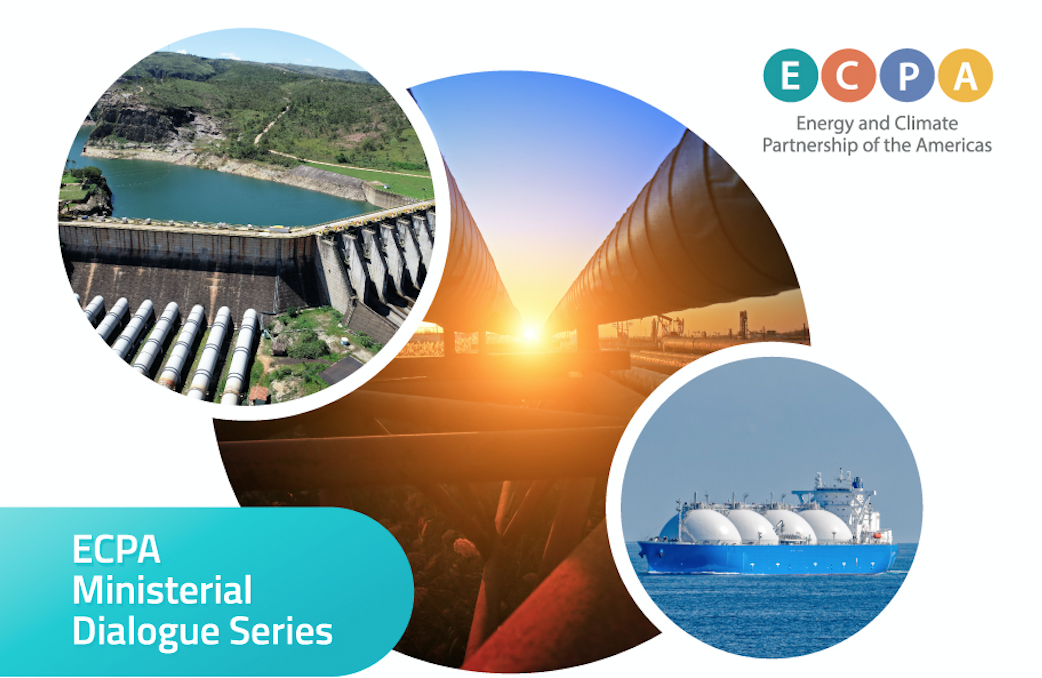
Power systems are changing rapidly due to a confluence of technologic, social, meteorological and business drivers. These changes are highlighting the need for flexibility and resilience in energy systems. This is seen clearly in South American countries that have traditionally relied on hydropower and are experiencing strong growth in wind and solar. On December 13, the last in the series of ECPA Ministerial Dialogues will look at the role of natural gas in a rapidly changing energy market.
All sorts of factors are transforming the energy picture in the region:
- Technology is driving down the cost of wind and solar and leading to new options for energy storage; meanwhile, new business models are changing the economics of renewables.
- Social and environmental concerns have made large hydropower projects less viable, and at the same time, El Niño and La Niña are making rainfall less predictable. In Brazil, for example, hydropower used to account for around 80% of the country’s electricity generation; in 2018, it was 65%.
- Chile, the most coal-dependent country in the region, intends to phase out coal-fired plants by 2040, as part of its efforts to cut greenhouse gas emissions, reduce air pollution, and meet its targets for renewables.
- Natural gas, for its part, has surged. Technological innovation has made it possible to tap into plentiful reserves of shale gas in several countries and has opened up new markets for liquified natural gas (LNG).
Against that backdrop, a new report by the U.S. National Renewable Energy Laboratory (NREL)—called Options for Resilient and Flexible Power Systems in Select South American Economies (See executive summary)—explores the energy situation in four countries: Argentina, Brazil, Chile, and Colombia. It Investigates options for increasing the flexibility and reality of these countries’ electricity systems, in particular the potential to increase the use of natural gas among other options.The upcoming ECPA Ministerial Dialogue will feature two of the study’s authors, NREL’s Josue Campos do Prado and Jeffrey Logan. After their presentation, a panel discussion will include the following speakers: Thiago Ivanoski Teixeira of Brazil’s Energy Research Agency; Fabián Barría of Chile’s National Energy Commission; Lisa Viscidi of the Inter-American Dialogue; and Ivonne Peña Cabra, of the U.S. National Energy Technology Laboratory.The event begins at 10:00 a.m. EST on Friday, December 13, at the OAS General Secretariat Building, at 1889 F St. NW, Washington, DC 20006. For more details about the event and the speakers, or to follow the live webcast, visit the event page.


 View Map
View Map